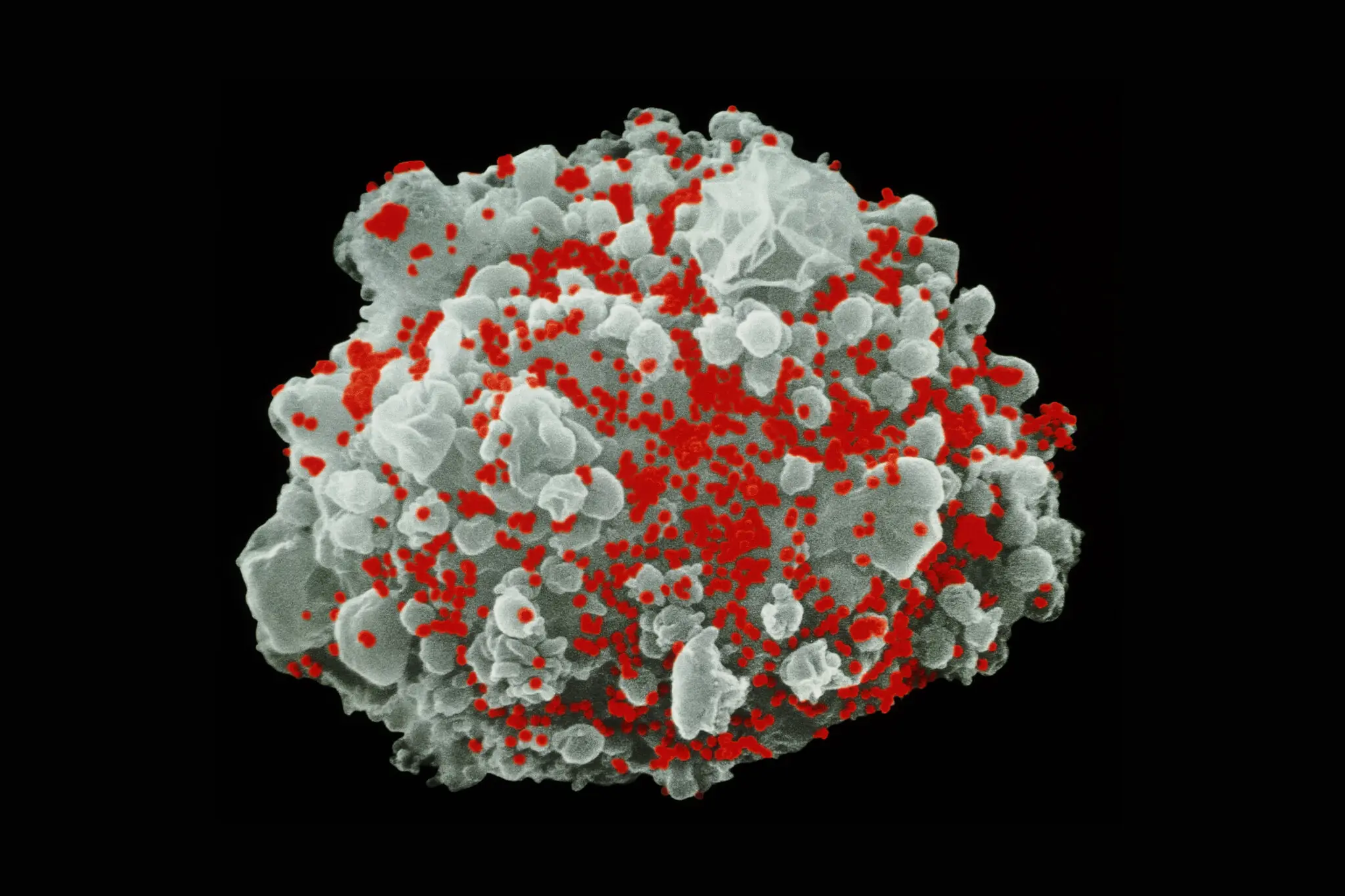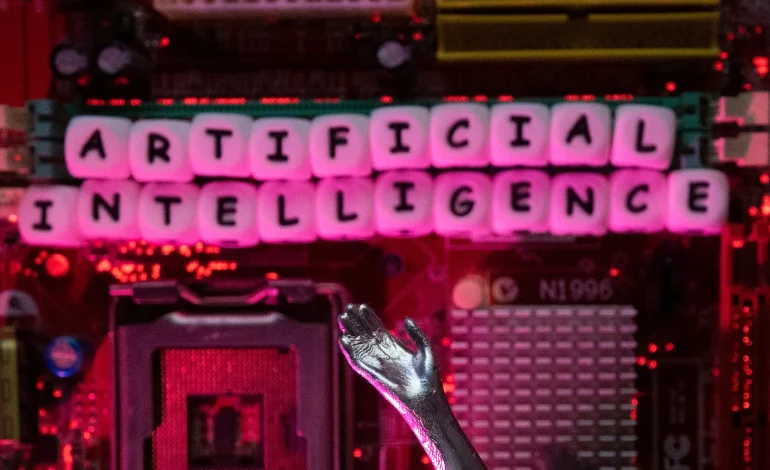The US job market is showing early signs of a slowdown, and while trade tensions remain a concern, emerging technologies—particularly artificial intelligence (AI)—are playing an increasingly central role in reshaping hiring trends, especially in the tech sector, USA Today reports.
Recent analyses suggest that AI is not only changing the nature of work but also reducing the number of traditional entry-level jobs. This trend, combined with tariff-driven economic uncertainty, is contributing to a cooling labor market and shifting expectations for recent college graduates.
Technology companies are hiring fewer recent college graduates and laying off workers in roles increasingly automated by AI systems. A report from Oxford Economics notes that while AI boosts productivity, it also reduces demand for roles such as entry-level software developers, administrative support, and data entry—positions that have traditionally been key pathways into the industry.
Data from the Federal Reserve Bank of New York shows that the unemployment rate for recent college graduates (aged 22–27) rose from 3.9% in 2022 to 5.8% by early 2025, even as the overall jobless rate edged up to 4.2%. This reversal of a decades-long trend—where recent graduates typically enjoyed lower unemployment than the broader workforce—reflects a structural shift in the labor market.
AI is taking over more routine development and support tasks, leading firms to prioritize roles in data science, AI training, and systems architecture. According to Kye Mitchell, head of Experis US, many companies are now hiring about half the number of software developers they once did. Instead, they are investing in positions that require advanced analytics and data management skills.
“People are cautious,” said Mitchell. “AI is making it tougher for recent college grads.”
Mitchell suggests that students in IT and computer science should focus on more specialized, analytical disciplines to improve their employment prospects. Generalist skills, she warns, are becoming less valuable in the face of automation.
While AI is a key factor, trade tensions—especially the threat of renewed tariffs—are also playing a role. Oxford Economics Senior Economist Matthew Martin notes that President Trump’s tariff policies could dampen consumer spending and reignite inflation, prompting employers to slow hiring even further.
“Clearly, something is shifting,” said Martin. “Entry-level jobs have declined markedly.”
Companies appear to be responding to multiple pressures—rising labor costs, high interest rates, and geopolitical uncertainty—by prioritizing efficiency over expansion. These factors are not only slowing job creation but also encouraging firms to automate where possible.
Data from the Labor Department shows job openings in professional and business services have fallen by roughly 1 to 1.5 million over the past two years. Since mid-2023, challenges faced by recent college graduates alone account for about 12% of the rise in the national unemployment rate, according to Oxford’s analysis.
Major companies such as Microsoft, Google, and Salesforce have also announced layoffs in roles now being handled by AI. Microsoft, for example, laid off 6,000 workers in May, with CEO Satya Nadella noting that 30% of the company’s code is now AI-generated.
Although historically, new technologies have led to job creation over time, the speed and scale of AI’s integration into core business functions present new challenges. A McKinsey Global Institute report estimates that up to 30% of work hours in the US could be automated by 2030—an acceleration driven heavily by AI.









